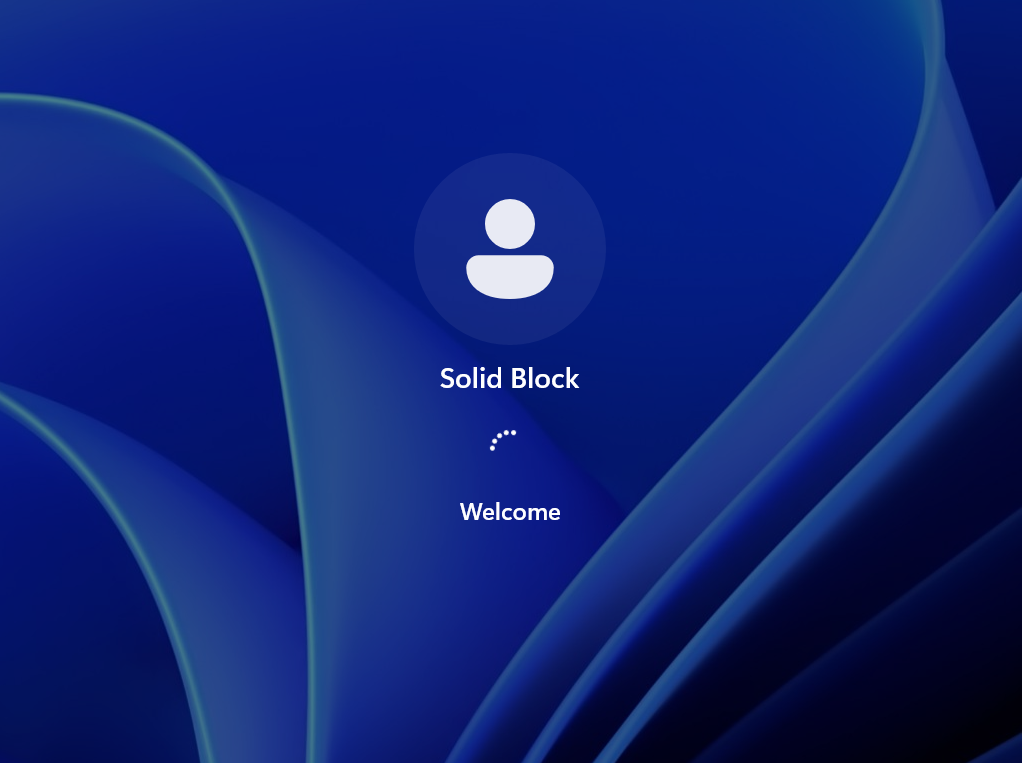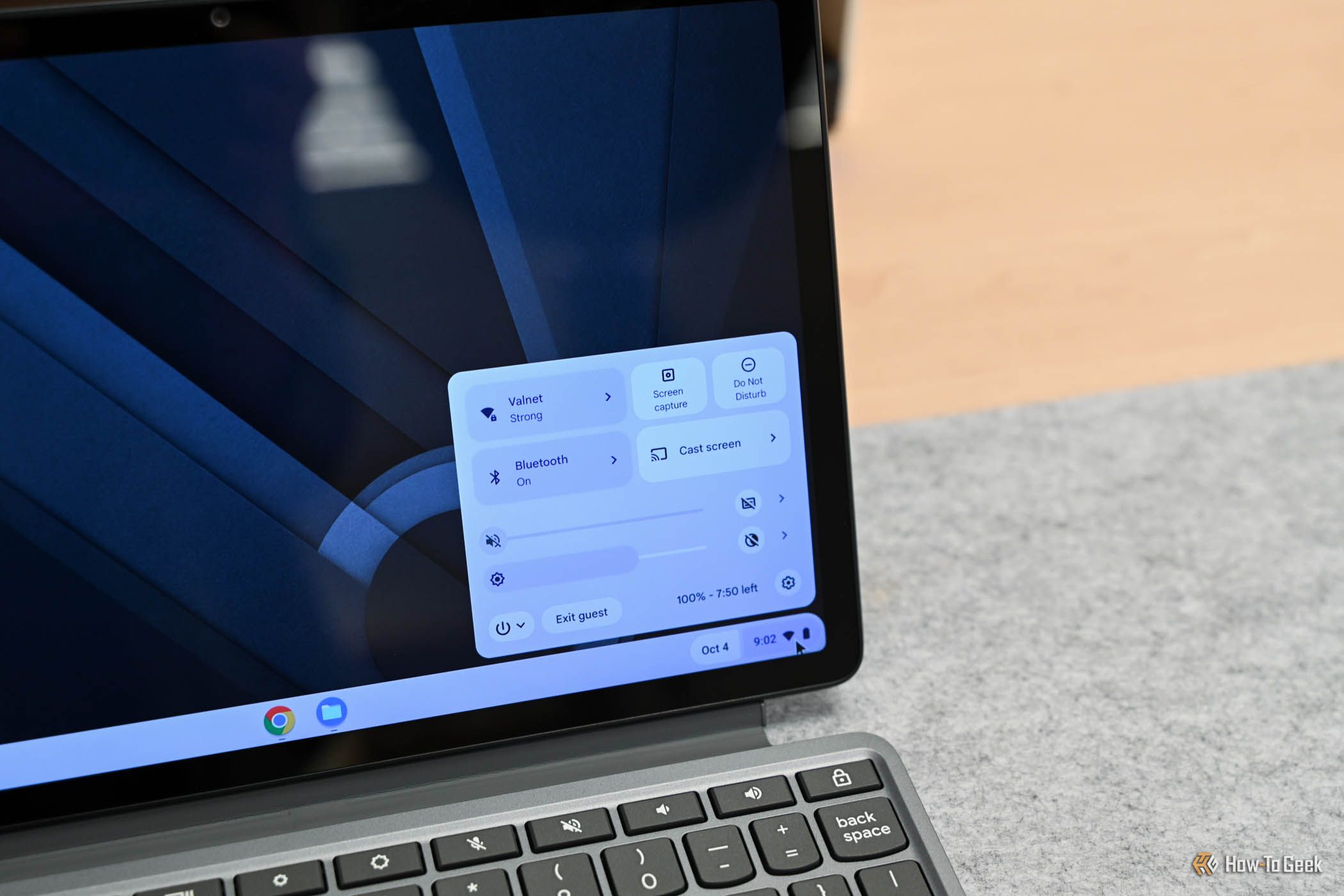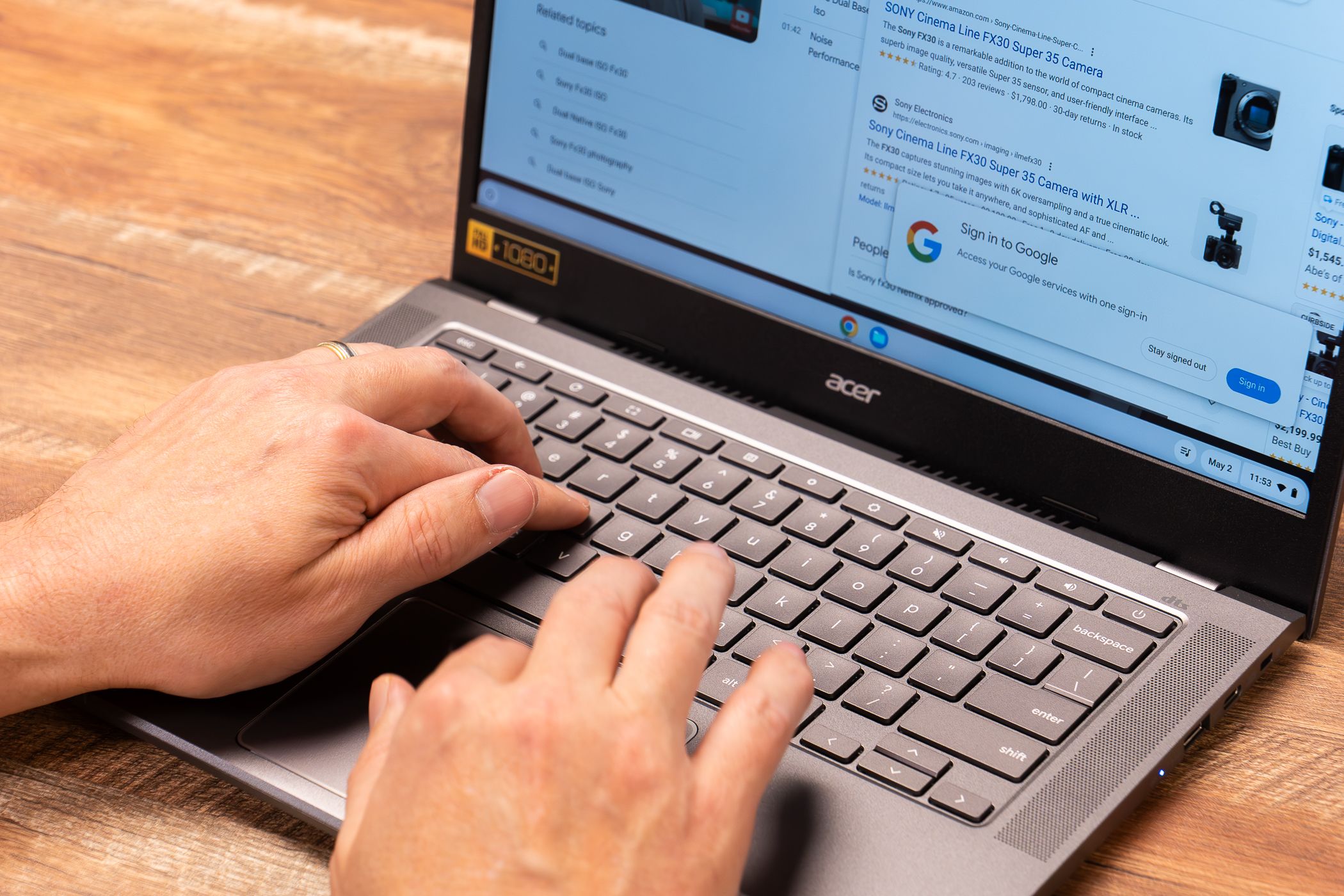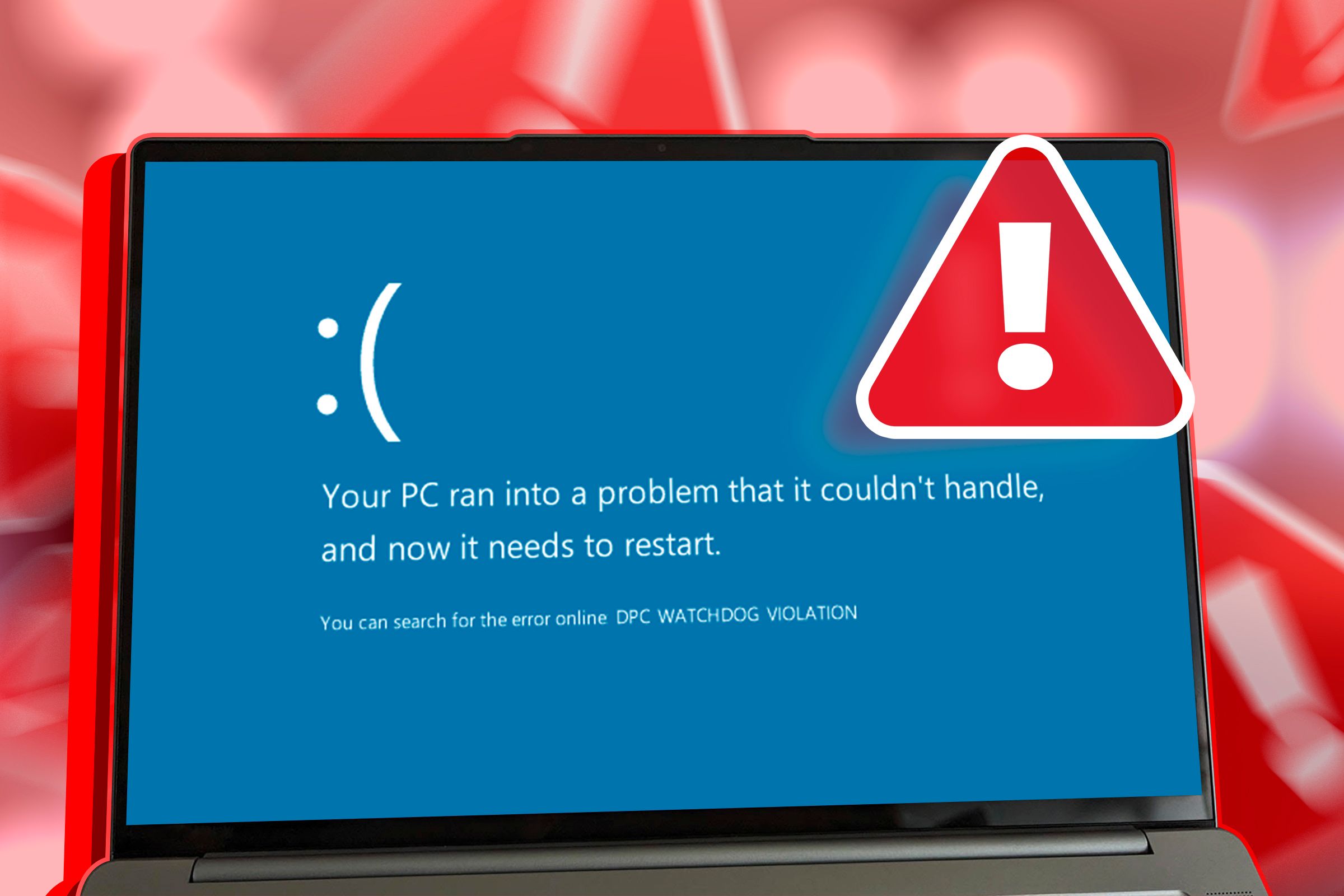While Chromebooks have more limited offline use and app support than Windows, their strengths can outweigh these limitations for some use cases. Having owned and used devices running both operating systems, I’ve found that Chromebooks outshine their Windows counterparts in several key areas.
6
Boots Up in Seconds
ChromeOS, the operating system that powers Chromebooks, is lighter than Windows. It uses an optimized bootloader (Coreboot) designed for speed, unlike many Windows devices that rely on BIOS or UEFI bootloaders that perform multiple checks and hardware initializations, which can slow down the overall boot process.
Because ChromeOS is built primarily for web-based tasks, it loads fewer drivers and background services and has less code to run during startup, enabling it to boot much faster. Since most data is stored in the cloud, Chromebooks don’t rely heavily on loading data from local storage, unlike Windows, which relies more heavily on data stored on local drives.
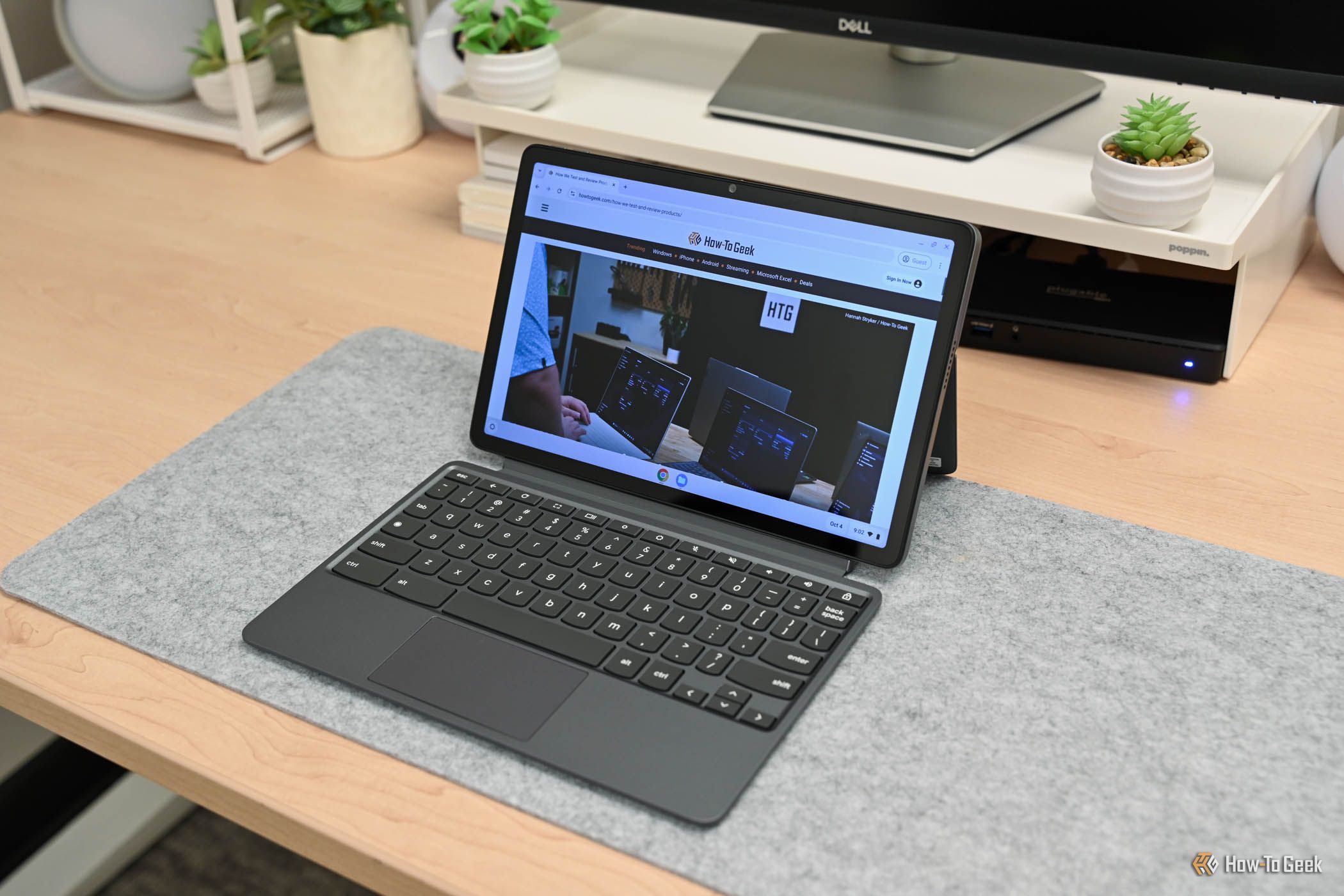
Related
5
Battery That Lasts All Day
I can’t remember ever needing to charge my Chromebook more than once a day, while none of my Windows laptops have ever made it past the 8-hour mark. So, battery life is another area where ChromeOS outperforms Windows. Its lightweight design places less strain on hardware, unlike Windows, which is much more resource-intensive.
I use web-based apps on a Chromebook, which consume far less power than the resource-heavy applications of Windows. Since much of the heavy lifting happens in the cloud, Chromebooks can operate efficiently with low-power processors, unlike Windows devices, which require high-performance CPUs and dedicated GPUs, which can drain the battery faster.
While some premium Windows ultrabooks can reach 10+ hours of battery life, they usually come at a higher cost.
4
Affordable Without Compromise
You don’t need to break the bank to get a fast, secure, and reliable Chromebook. A solid Chromebook can be found in the $200 to $400 range, making it an excellent option for students, casual users, and frequent travelers. In contrast, getting similar performance and build quality in a Windows laptop requires a higher investment.
This lower cost comes from using modest hardware that, despite being budget-friendly, still offers smooth and dependable performance. Even budget Chromebooks often match the build quality of more expensive Windows machines. Also, Chromebooks require minimal maintenance and don’t suffer the gradual slowdown many Windows devices experience.
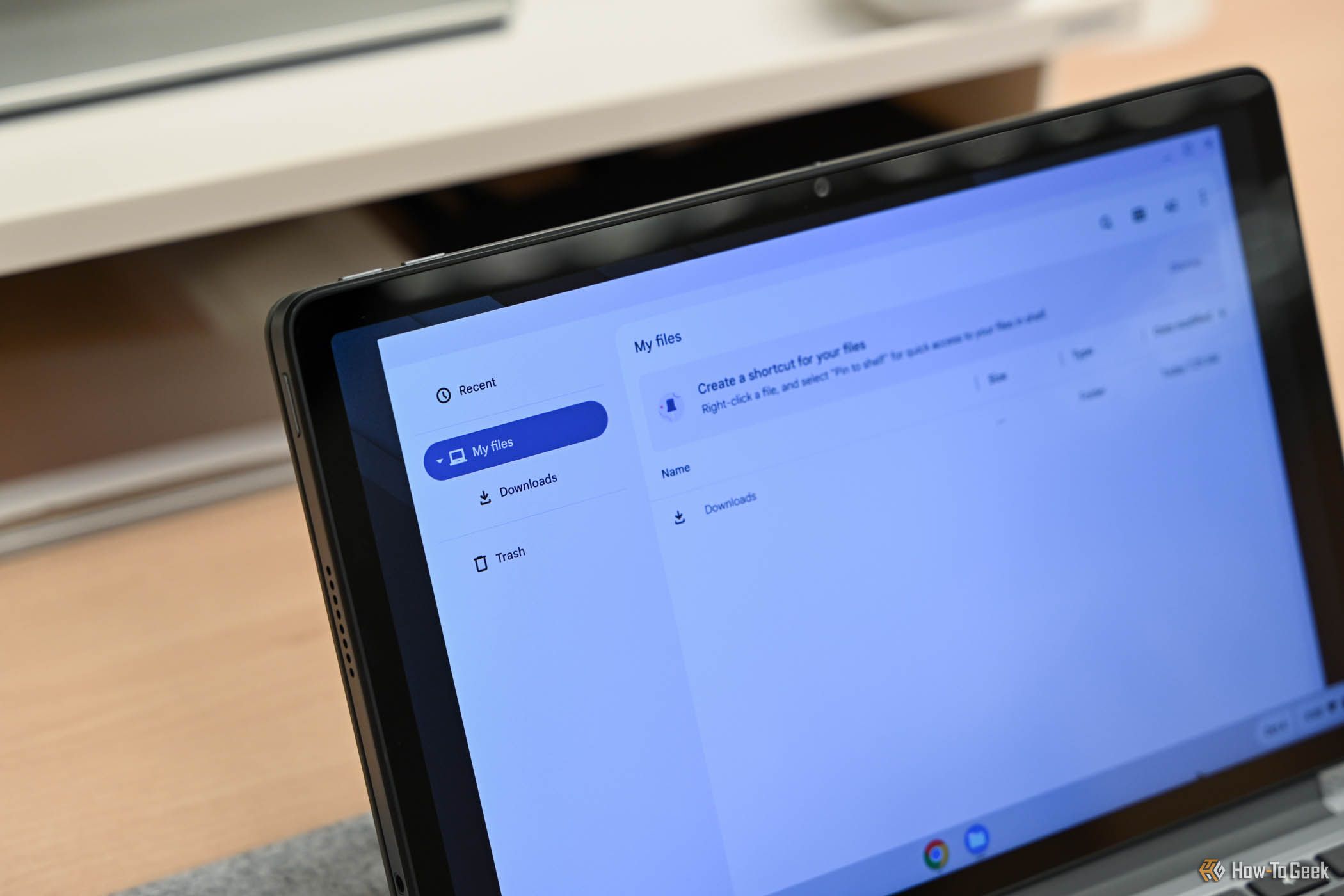
Related
The Best Budget Chromebooks of 2025
Chromebooks are generally budget-friendly, but if you want to save even more, there are some great options on the market.
3
Easy to Use for Beginners
Chromebooks feature a clean, minimal interface that’s exceptionally user-friendly for tech novices and seniors. You can launch apps from the launcher and access web apps through Chrome, and the system takes care of updates and drivers automatically. In contrast, Windows has refined its user interface over time but isn’t beginner-friendly.
Windows often requires manual driver installations, patching updates, and ongoing resource management to maintain smooth performance. While its settings can be complex and buried in layers, ChromeOS keeps things straightforward with a clean, intuitive Settings menu. Windows also includes features that most of us haven’t used in years.
Since ChromeOS stores most of your data in the cloud, you don’t have to dig through multiple drives as you often do on Windows. Plus, ChromeOS handles device security in the background, so you don’t have to deal with threats manually like you sometimes do on a Windows machine.
2
Lightweight and Travel-Ready
For several reasons, my Chromebook is the perfect travel companion—and the only device I bring along when I travel. It’s lighter than any Windows laptop I’ve used. Windows machines often weigh more due to bulkier components like dedicated GPUs, large hard drives, multiple ports, and advanced cooling systems. Even their power adapters are heavier.
Despite their lower cost, many Chromebooks are surprisingly durable. They have reinforced hinges, scratch-resistant screens, and drop-tested bodies—some even meeting military-grade standards, making them well-equipped to handle the rigors of travel. Chromebooks boot up in seconds and can last 10+ hours on a single charge.
While some Windows laptops may offer a sturdier build, they come at the cost of added weight, slower boot times, and shorter battery life, none of which you want to deal with while on the go.
1
More Problems, Tougher Fixes
With its broad compatibility and customization options, Windows naturally encounters more issues than the tightly controlled ChromeOS. From software conflicts between applications, drivers, or background processes to buggy updates that break key features, problems are pretty common. Even now, I still encounter errors I’ve never experienced before.
What makes it even more frustrating is that resolving errors on Windows can also be frustrating. You often need to dig up obscure error codes, search online forums for fixes, learn to use Command Prompt or PowerShell commands, manually install drivers, roll back problematic updates, or use System Restore.
In contrast, ChromeOS is far simpler and rarely experiences critical problems. So, a Chromebook is a much better option if you’re after a low-maintenance, hassle-free experience.
While Chromebooks may not be as powerful as Windows devices, they boot up faster, offer longer battery life, are more affordable, beginner-friendly, travel-ready, and easier to troubleshoot. So, while Windows laptops are great for gamers, developers, and power users, Chromebooks are a cost-effective alternative for everyday computing needs.


